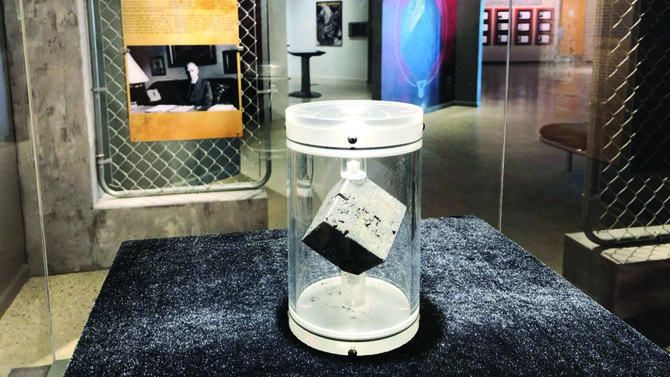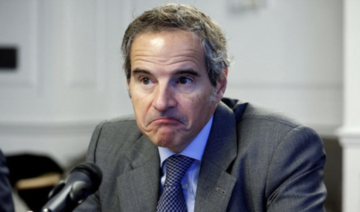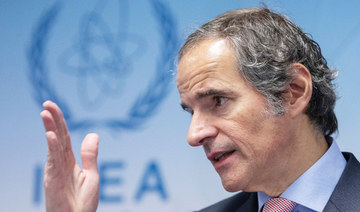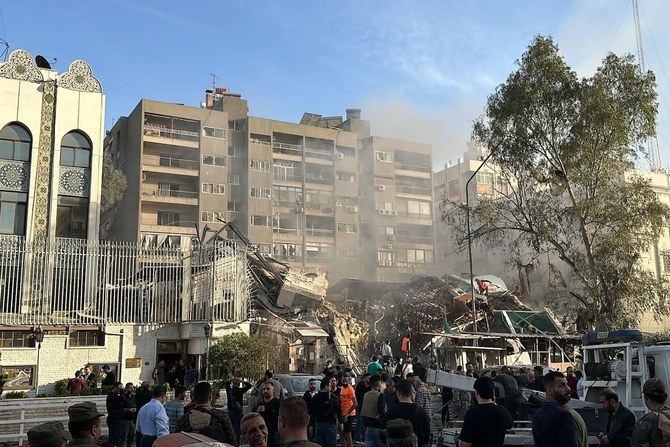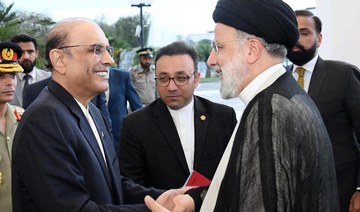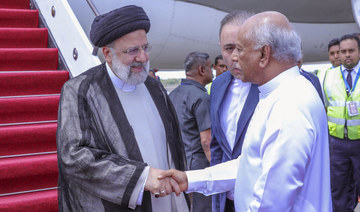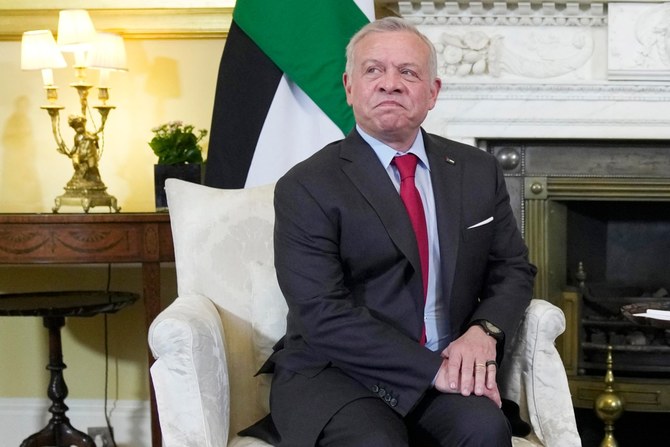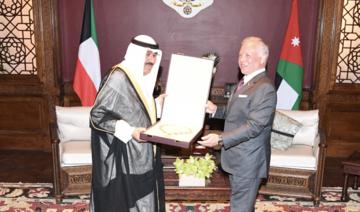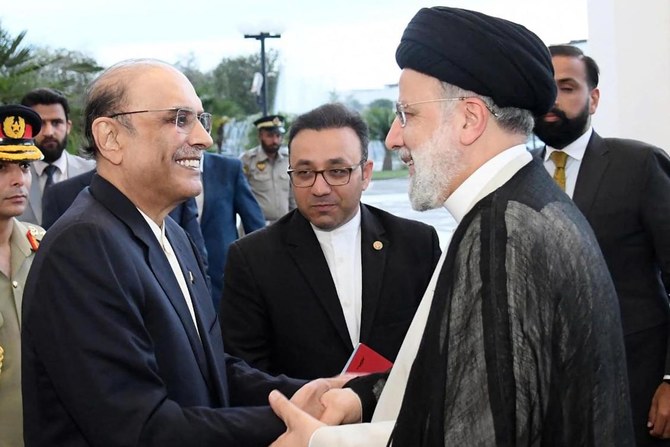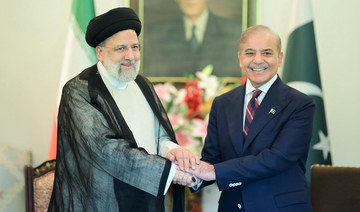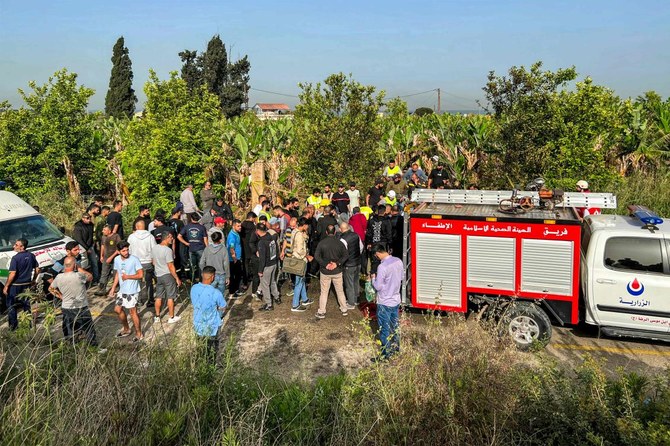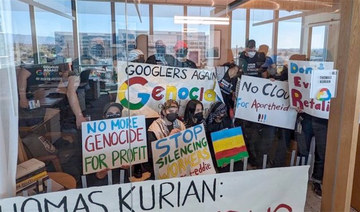JEDDAH: Mystery on Thursday surrounded 2.5 tons of radioactive uranium reported missing in Libya that appeared to have been located two days later only 5 km from where it had been stored.
The UN nuclear watchdog, the International Atomic Energy Agency, said early on Thursday that 10 drums of concentrated uranium ore had been reported missing from a warehouse in southern Libya during an inspection on Tuesday.
Khaled Mahjoub, spokesman for the Libyan National Army, the main eastern military force, said later on Thursday that the 10 missing barrels had been recovered about 5 km from the warehouse, near the border with Chad.
Mahjoub said the IAEA had visited the warehouse in 2020 and sealed it with red wax. He said a group from Chad that raided the warehouse may have taken the barrels hoping they contained weapons or ammunition, but had abandoned them.
Uranium ore emits low levels of radioactivity, but the IAEA cautioned said the 10 barrels “may present a radiological risk, as well as nuclear security concerns.”
The LNA, commanded by eastern warlord Khalifa Haftar, was at war with western forces from 2014 to 20220 and launched an assault on Tripoli in 2019 to try to take control of government there.
Since that outbreak of conflict ended with a ceasefire, the political process aimed at reuniting Libya has stalled and eastern factions reject the legitimacy of the internationally recognized administration in Tripoli.
The LNA was backed in the conflict by the Russian Wagner Group, which a UN panel of experts said in 2020 had deployed up to 1,200 fighters in Libya. The LNA at times also fought alongside fighters from Chad.



